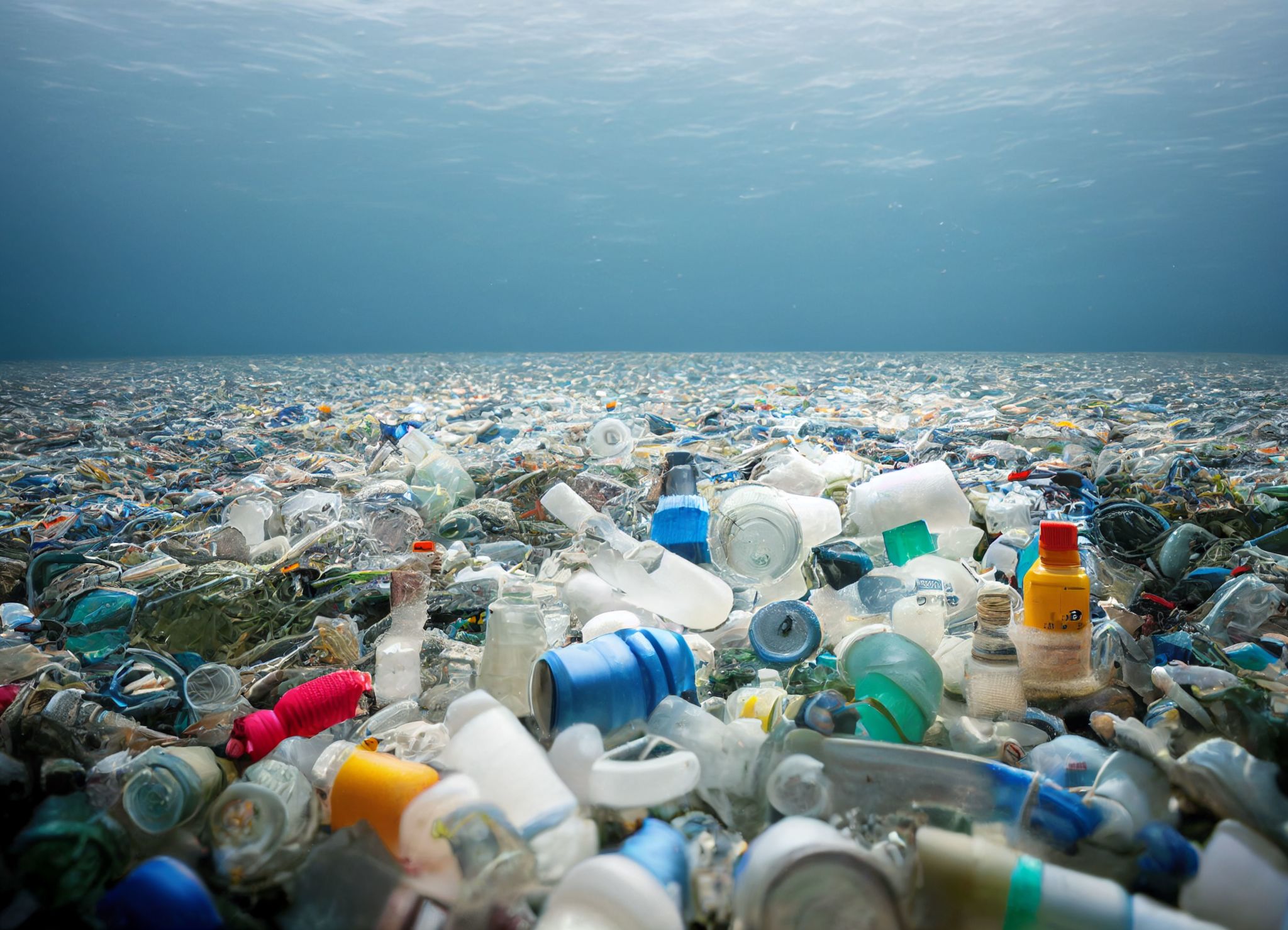Myth-Busting: Common Misconceptions About Plastic Waste Reduction
Understanding Plastic Waste Reduction
Plastic waste is a pressing environmental issue, but along with the growing awareness comes a plethora of myths and misconceptions. These misunderstandings can sometimes hinder effective action. Let’s delve into common myths and set the record straight to empower more impactful efforts in reducing plastic waste.

Myth 1: All Plastics Are Recyclable
One widespread misconception is that all plastics are recyclable. In reality, not all plastics can be processed through recycling facilities. Different types of plastics have different properties, and many recycling programs only accept certain kinds. For example, plastics labeled with numbers 1 and 2 are commonly recycled, while others, like number 7, are rarely accepted due to their complex composition.
Myth 2: Biodegradable Plastics Are the Ultimate Solution
Biodegradable plastics are often touted as an eco-friendly alternative, but they are not a panacea for plastic pollution. While they are designed to break down more easily than traditional plastics, they require specific conditions to do so effectively. Most biodegradable plastics need industrial composting facilities to decompose properly, which are not widely available.

Addressing Misunderstandings About Plastic Reduction
Effective reduction of plastic waste involves more than just switching to biodegradable options. Understanding the nuances of plastic materials and waste management systems is crucial for making informed choices. Education and awareness are key components in driving meaningful change.
Myth 3: Recycling Alone Can Solve the Plastic Crisis
Recycling is an important part of managing plastic waste, but it is not the sole solution. The recycling process itself is energy-intensive, and not all collected plastics end up being recycled due to contamination or economic viability. A holistic approach that includes reducing consumption and reusing materials is essential for significant impact.

Myth 4: Individual Actions Don’t Count
There’s a belief that individual efforts are insignificant in the grand scheme of things. However, every small action contributes to broader change. By choosing reusable products, supporting sustainable brands, and spreading awareness, individuals play a crucial role in reducing plastic waste. Collective action starts with individual commitment.
The Path Forward in Plastic Waste Reduction
Debunking these myths is the first step towards more effective strategies in reducing plastic waste. By focusing on educational initiatives, supporting innovations in sustainable materials, and promoting policy changes, society can make strides toward a cleaner planet.
In conclusion, while misconceptions about plastic waste reduction abound, understanding the facts can lead to more informed decisions and impactful actions. It's not just about recycling or switching materials; it's about adopting a comprehensive approach that includes reducing, reusing, and recycling as part of a broader sustainability strategy.
